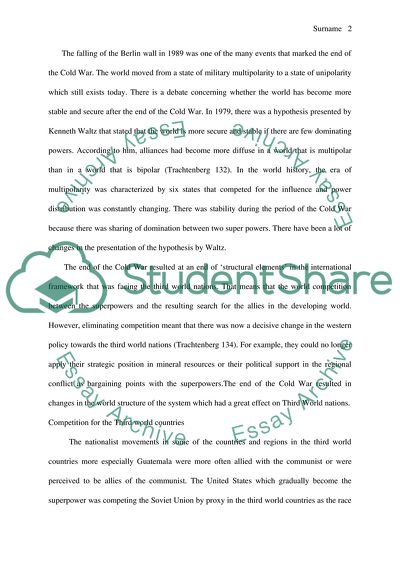Cite this document
(Consequences of The Cold War Term Paper Example | Topics and Well Written Essays - 3500 words, n.d.)
Consequences of The Cold War Term Paper Example | Topics and Well Written Essays - 3500 words. https://studentshare.org/history/1868502-how-did-the-cold-war-change-the-world-and-third-world-countries
Consequences of The Cold War Term Paper Example | Topics and Well Written Essays - 3500 words. https://studentshare.org/history/1868502-how-did-the-cold-war-change-the-world-and-third-world-countries
(Consequences of The Cold War Term Paper Example | Topics and Well Written Essays - 3500 Words)
Consequences of The Cold War Term Paper Example | Topics and Well Written Essays - 3500 Words. https://studentshare.org/history/1868502-how-did-the-cold-war-change-the-world-and-third-world-countries.
Consequences of The Cold War Term Paper Example | Topics and Well Written Essays - 3500 Words. https://studentshare.org/history/1868502-how-did-the-cold-war-change-the-world-and-third-world-countries.
“Consequences of The Cold War Term Paper Example | Topics and Well Written Essays - 3500 Words”. https://studentshare.org/history/1868502-how-did-the-cold-war-change-the-world-and-third-world-countries.


